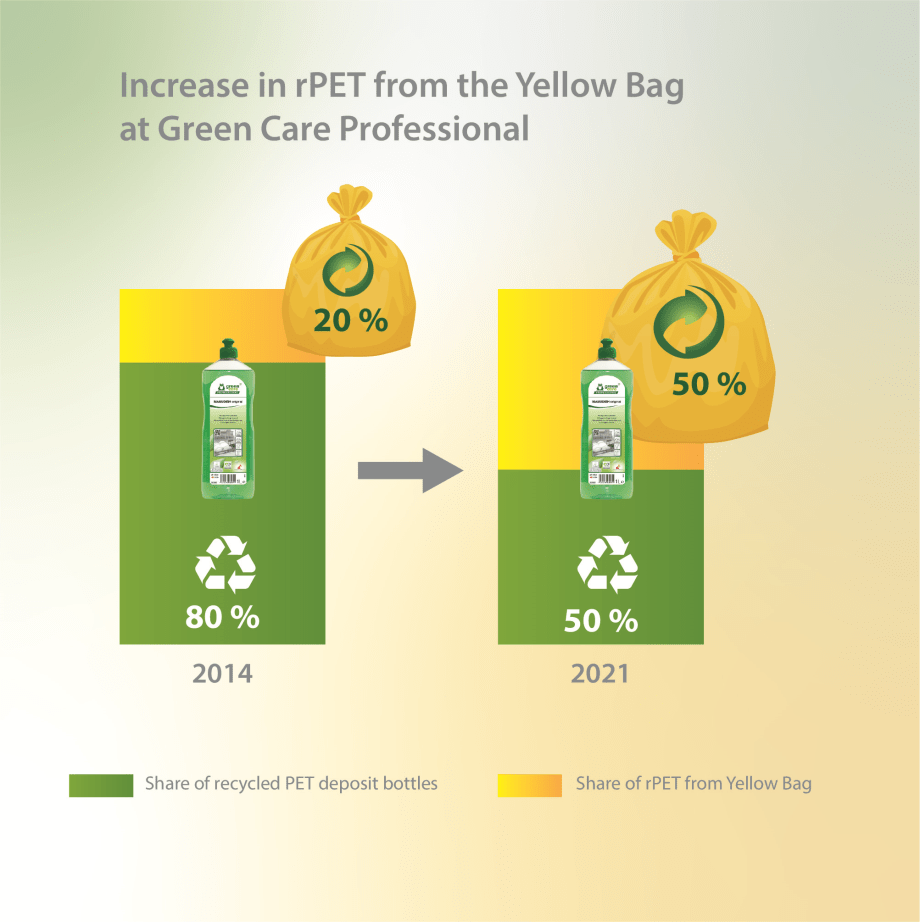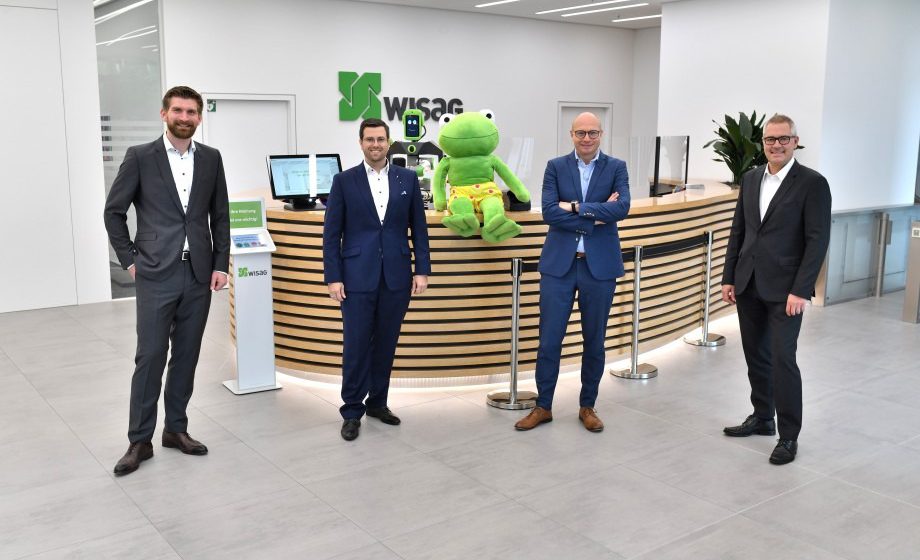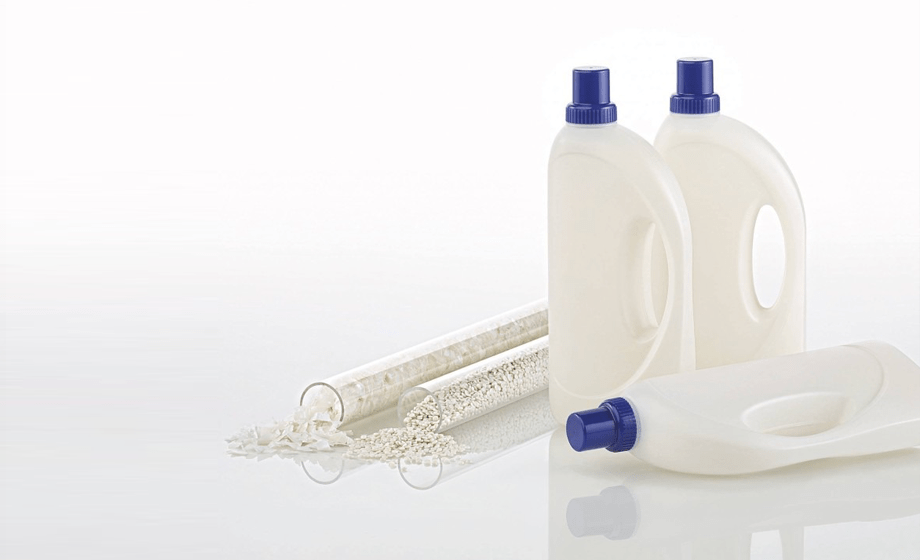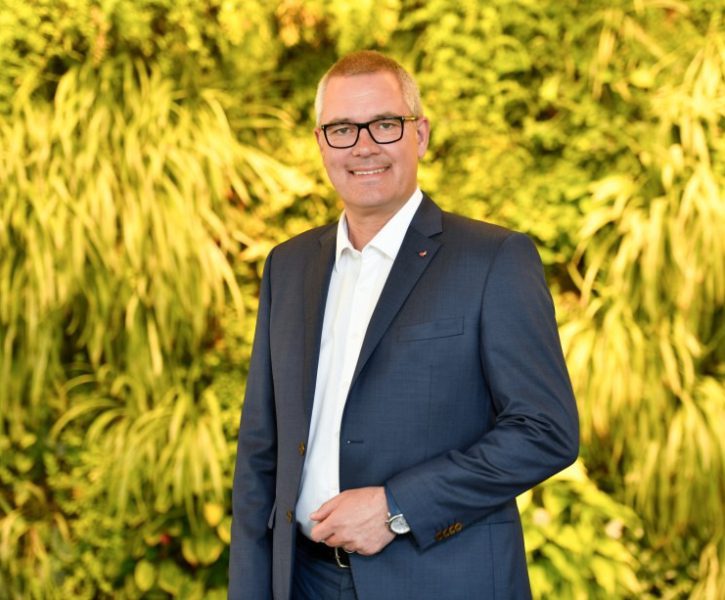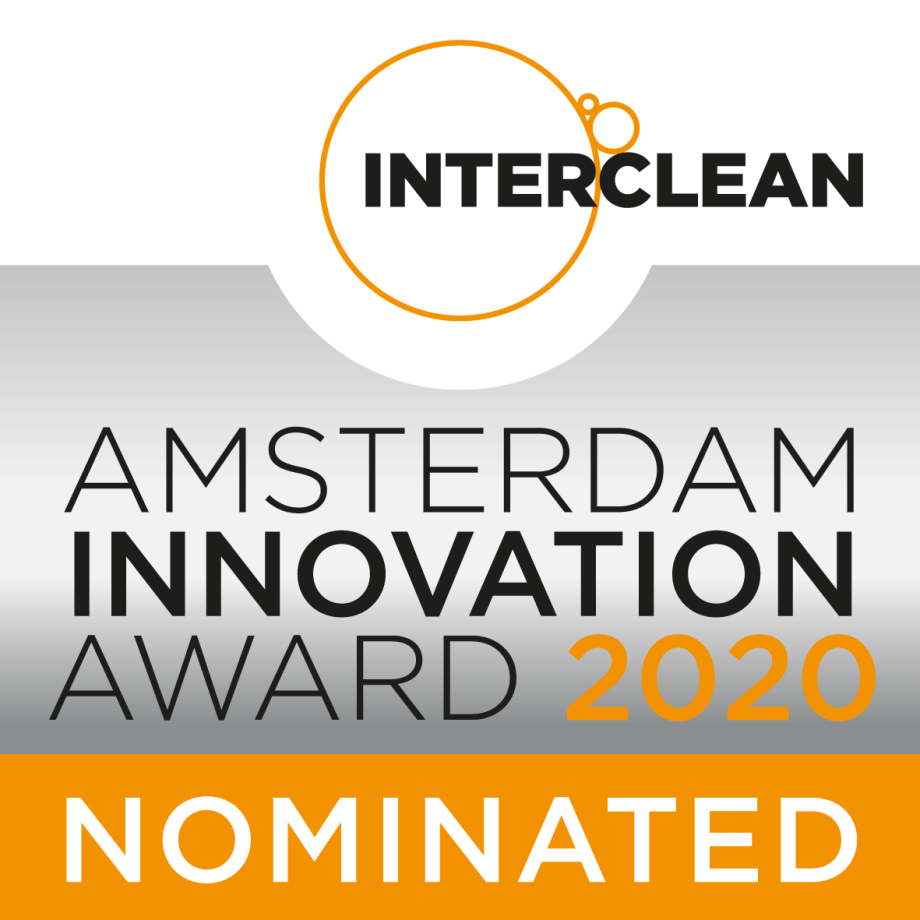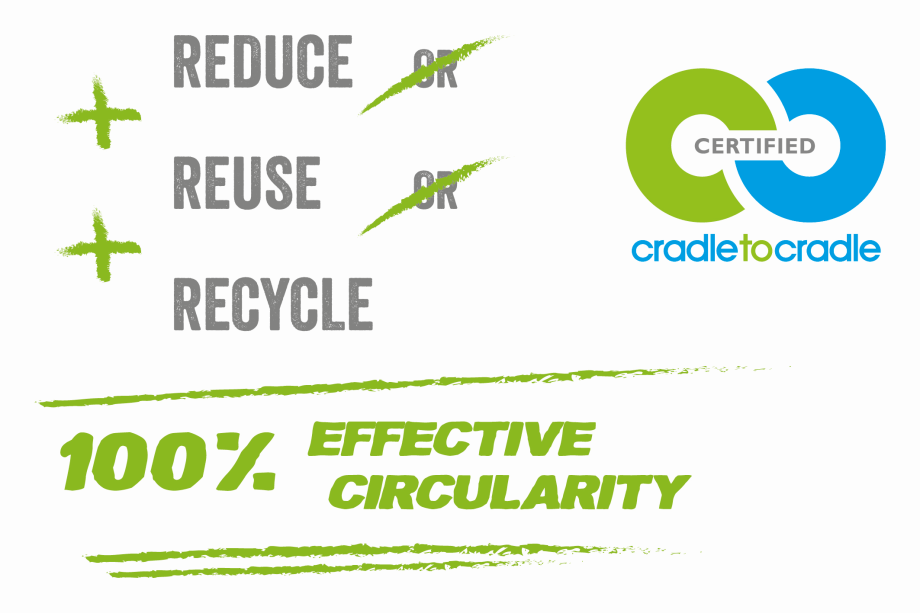An important step to more sustainability: European Customer Synergy S.A. and Tana Chemie GmbH enter into strategic cooperation
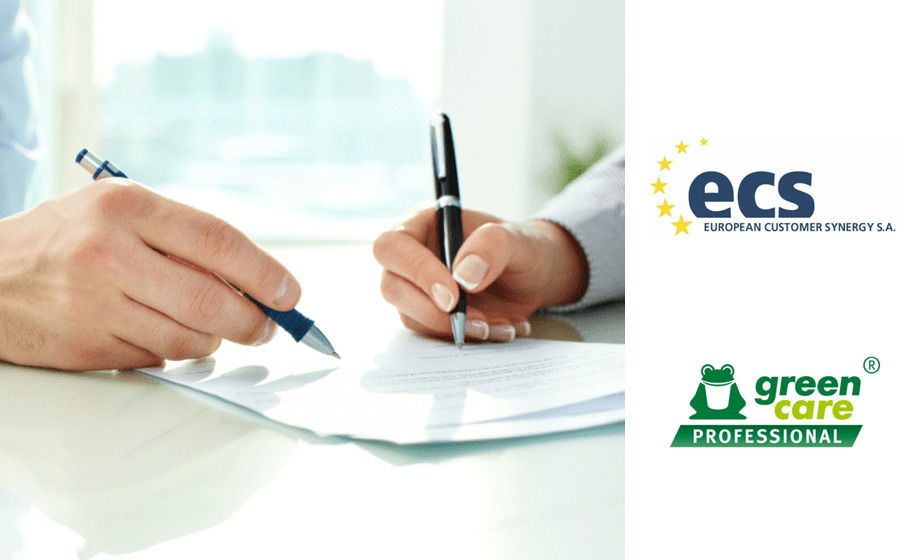
Integrally sustainable cleaning under the banner of the circular economy. With support of this cause, Tana-Chemie GmbH, part of the family business Werner & Mertz that’s known for the Frosch brand, won over the pan-European company European Customer Synergy S.A. (ECS). Operating as a strong network for facility services, ECS offers an extensive portfolio ranging from single services to integrated facility management solutions. Effective immediately, the Professional Division of the Mainz-based cleaning products manufacturer Werner & Mertz joins the ECS “Preferred Supplier Program”. That means offerings from ECS will include cleaning products from Tana-Chemie with a special focus on the eco brand Green Care Professional.
The Green Care products from Tana-Chemie are developed according to the Cradle to Cradle® principle. From the outset they are designed to be suitable for closed material cycles, that is, their materials can be returned completely and harmlessly to the biosphere or recycled for qualitatively high re-use. Cradle to Cradle® Design includes a detailed evaluation key to assess the materials used and their recyclability, use of renewable energy and CO2 management, prudent use of water and social responsibility. In 2013 the brand Green Care Professional was the world’s first professional cleaning portfolio to receive the Cradle to Cradle Certified™ Gold award.
Since the end of last year, Tana has been the sole supplier of cleaning chemicals for maintenance and special cleaning to ECS Shareholders WISAG Gebäudereinigung GmbH & Co. KG., which has customers throughout Germany. For some time now the market for facility services has not been purely national. “There’s great potential there”, says Thomas Ulbricht, Head of the Professional Division of Werner & Mertz. “The cooperation between Tana-Chemie GmbH and ECS with the Preferred Supplier Agreement supports us in our plan to anchor integral sustainability in professional cleaning beyond the German borders.”
“In facility management services for international customers, ECS emphasizes sustainability, environmental protection and quality in its use of resources and materials. To support those efforts, the company entered into a partner agreement with Tana-Chemie GmbH, the Mainz-based manufacturer of hygiene and cleaning products. The products convince users with their quality, low-dosage use and – unique to the market – packaging made of 100% recycled plastic. We look forward to our close cooperation,” says Thomas Fastenrath, CEO at ECS. “From now on we will include the Tana products in our sustainability concept for new and existing customers.”
About European Customer Synergy S.A. (ECS): European Customer Synergy S.A. (ECS) is a Pan-European facilities management company, headquartered in Brussels (B), delivering a full suite of facilities management services varying from single services to integrated facilities management solutions. ECS proactively manages its customers’ facilities management operations and real estate portfolios by exploiting its local expertise, European experience and technology. The goal is to be the leading local owner-driven pan-European facilities management services provider, appreciated for delivering peace of mind, top quality, and value enhancement for owners and tenants. Each customer is different. That is why ECS offers tailored integrated facilities management solutions. Based on a thorough analysis of customer needs, requirements and strategic objectives, ECS develops an industry-leading solution.
